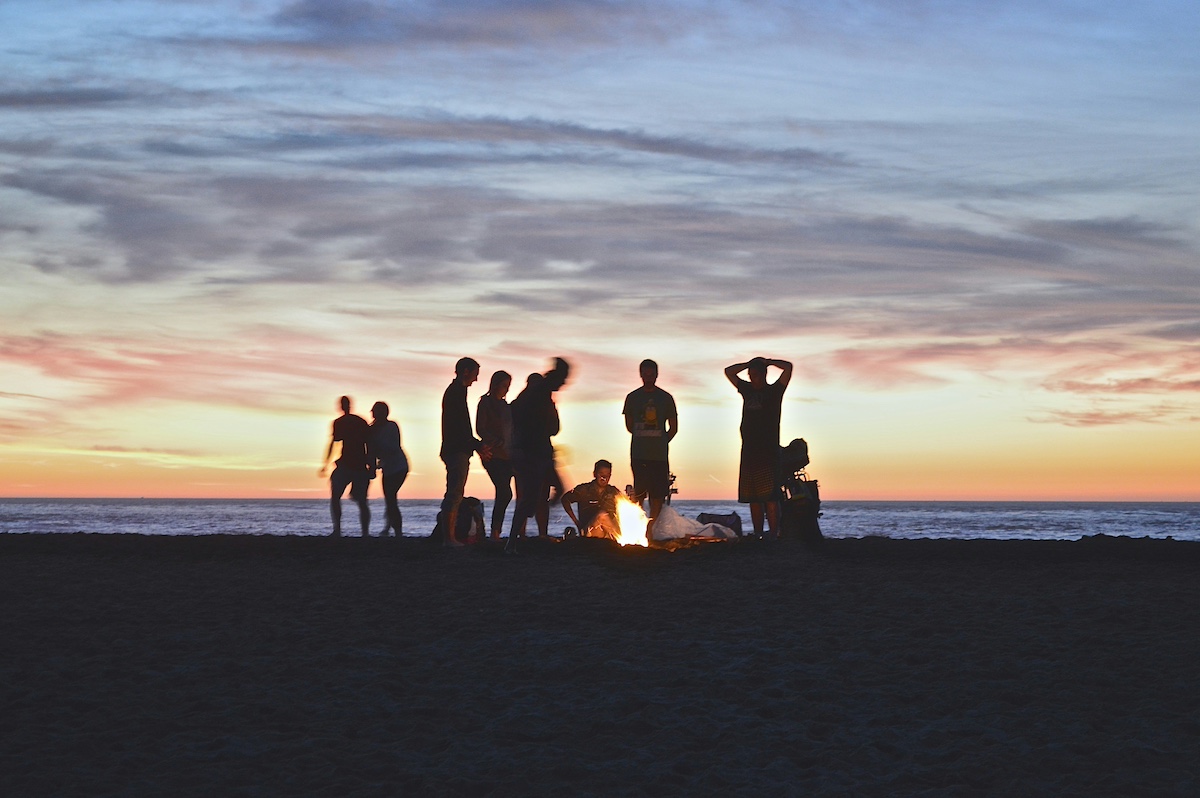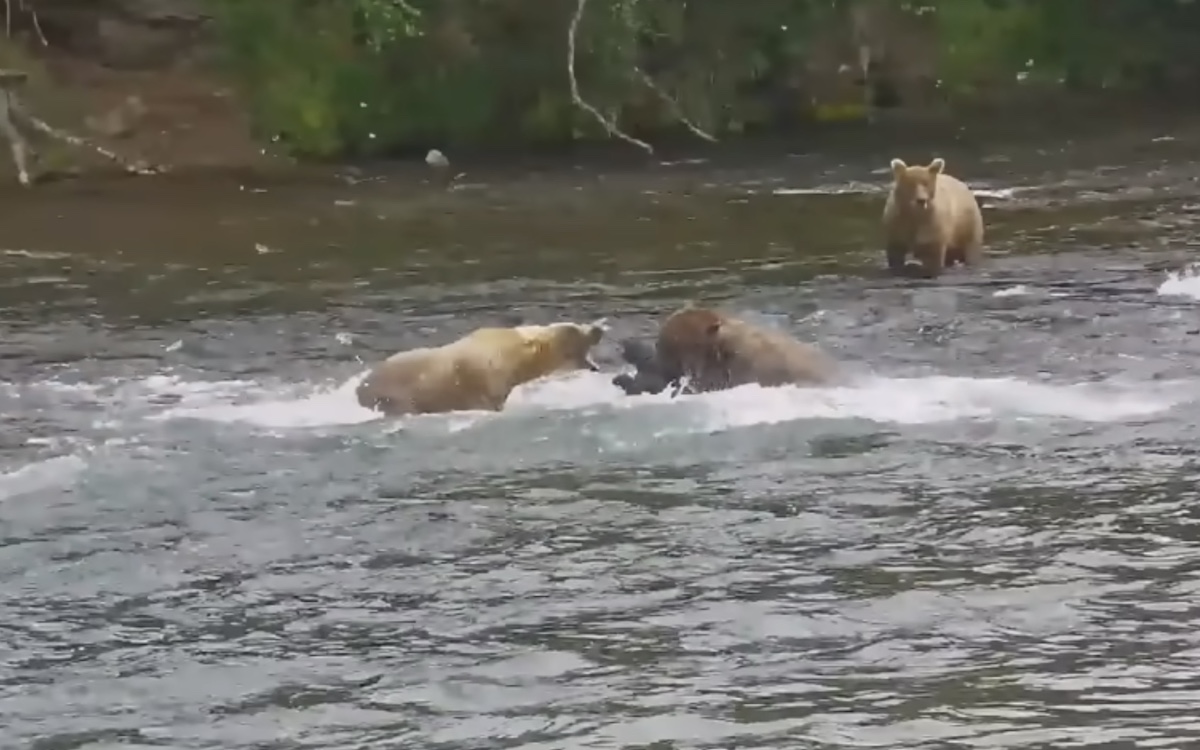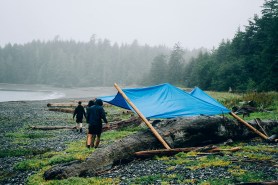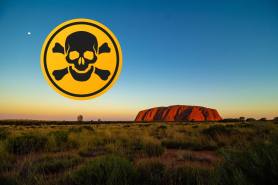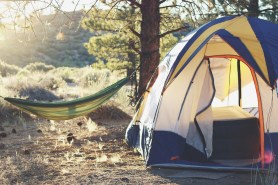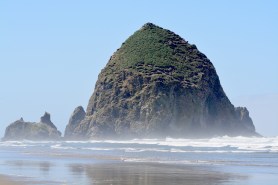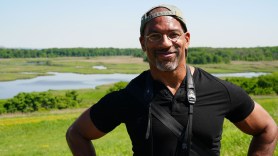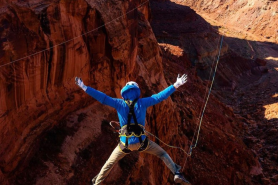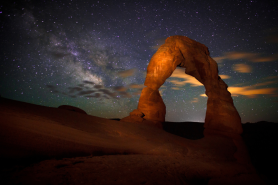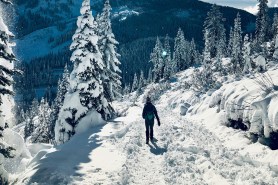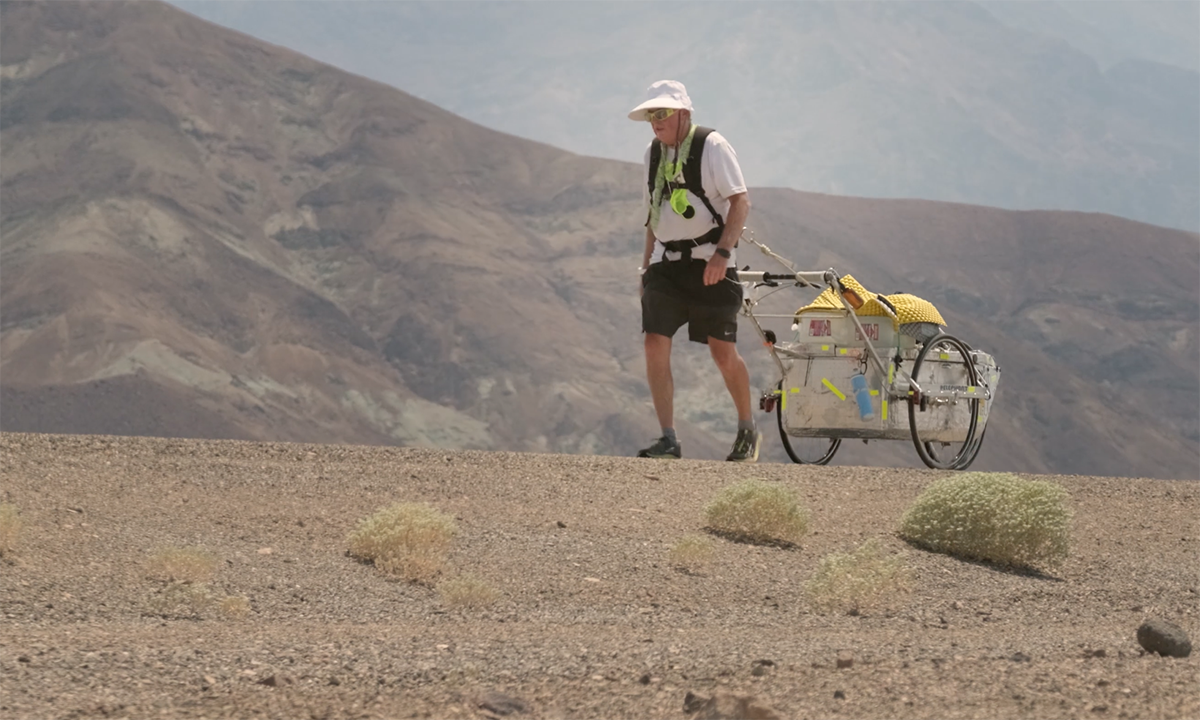

Growing up, I could never imagine living the life of an extreme endurance sports athlete. I followed the usual path that led to a “normal” blue-collar life: Grow up, work hard, make money, start a family.
Videos by Outdoors with Bear Grylls
I’m a former electrician and video rental chain store owner from Novato, California. I became a successful businessman and started a family. My chain of 13 video and game stores were my identity. We were super busy: On a typical Friday or Saturday night, 1000 people would come through the doors in a four-hour period. We won a ‘Retailer of the Year’ award, all while competing head-to-head with Blockbuster and Hollywood Video.
Then Netflix came along with a new mousetrap, wiping out our whole video store industry.
But I knew there was more for me beyond divorce, bankruptcy, and business failure. That’s when I found endurance sports, the perfect way for me to achieve other dreams.
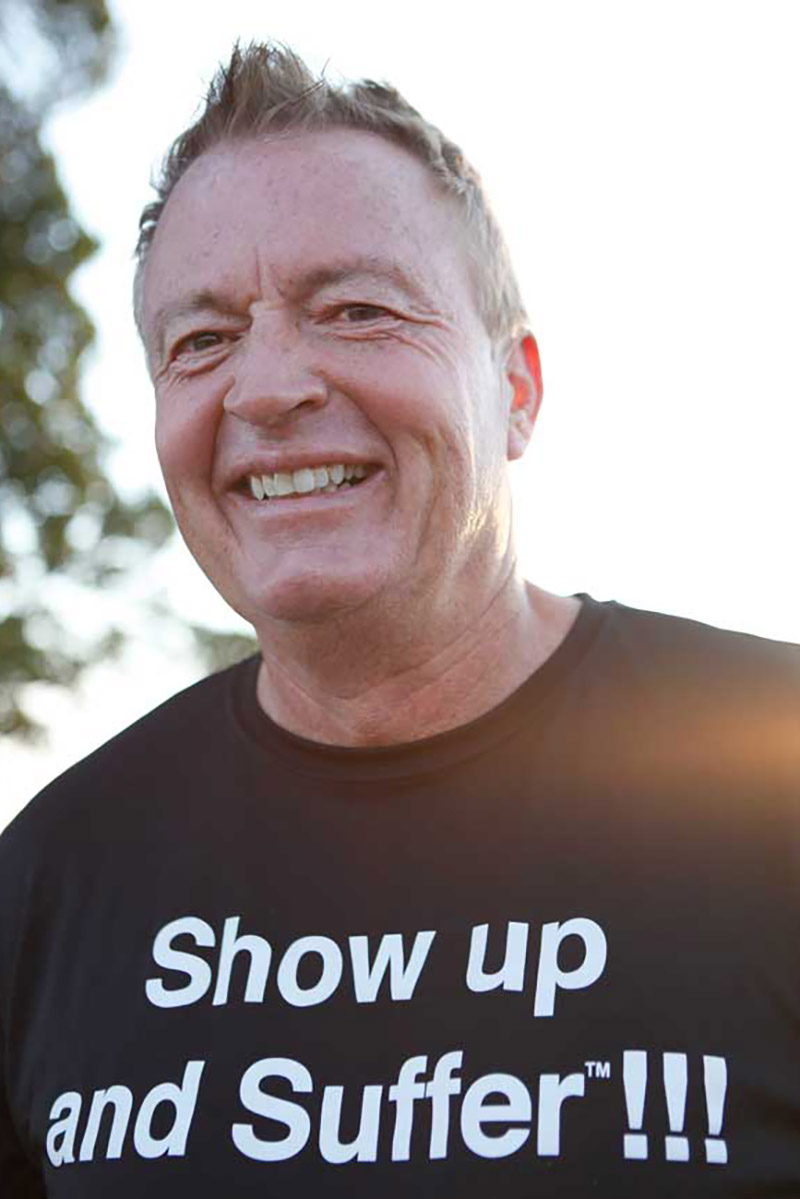
I started with triathlons and marathons, then did some ultracycling and ultramarathon running, including a 50-mile race. After I ran that 50 miles, I had a new identity. I was no longer the video store guy. I was an extreme endurance athlete. And I was bursting with confidence. I was standing taller and looking people in the eyes again.
When I realized that organized events could no longer light my fire, I created new challenges that other people wouldn’t even consider. I ran a 584-mile, quadruple crossing of Death Valley, including two summits of Mt. Whitney, referred to as the “quad Badwater 146.”. I completed a record-setting, seven-time crossing of the Grand Canyon. I ran a 200-mile relay race as a solo runner.
Both my successes and my failures taught me the power of persistence.
Death Valley, in the Mojave Desert, the hottest spot on earth, is one of the places where I have been pushed the hardest and literally brought to my knees. The solo, self-contained Badwater 146 goes from the Badwater Basin (at -282 ft., the lowest point in the Western Hemisphere) to the peak of Mt. Whitney (at 14,505 ft., the highest peak in the continental United States). It’s on the road, nonstop, carrying everything–food, water, clothing–in a big, 200-pound, three-wheeled cart. No help, no shade.
My supplies have to last the whole 146 miles, and I can’t resupply. I’ll have an observer to follow me and watch me, but not to help me. Just to make sure I don’t die.
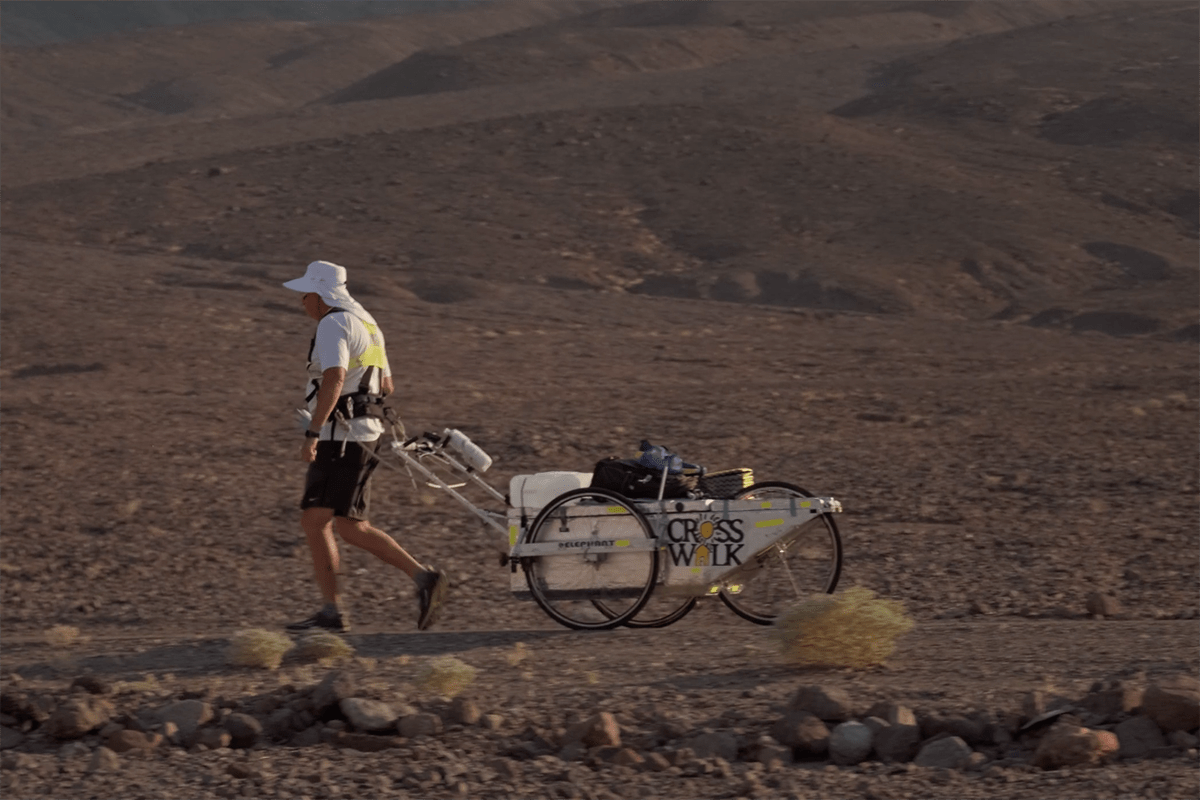
Only five people have successfully done this. The official Badwater 135 race, which I’ve finished twice, uses the same route, but that’s where the similarities end. During the race, you have a crew with you and they have a van that’s air-conditioned. They have water, ice, and food. When you want to take a break, you can get in that van, put ice under your hat, put your face against the air conditioning, and then go back out and start racing again.
On this solo attempt, there’s no help from a crew, and no relief from that boiling hot sun.
If there’s one thing I know how to do after decades of endurance sports racing, it’s preparing for my adventures. Whether I’m climbing a mountain, doing extreme winter ultras, or going through Death Valley, I know what it takes to get ready.
I do a combination of mental and physical training, because it takes both of those in order for me to have a shot to finish. I start out looking at my vision wall that’s covered with inspiring affirmations, characters, and people who inspire me. I use that so I can get myself believing that I can do anything.
My physical prep includes dragging worn out car tires through my neighborhood, stair repeats, and regular sauna sessions. I also do Wim Hof breath training to get myself totally fired up to attack my training for the day.
I don’t see my training as excessive. I’m not doing the minimum. I’m doing the maximum I can to toughen myself up mentally and physically for the Death Valley heat.
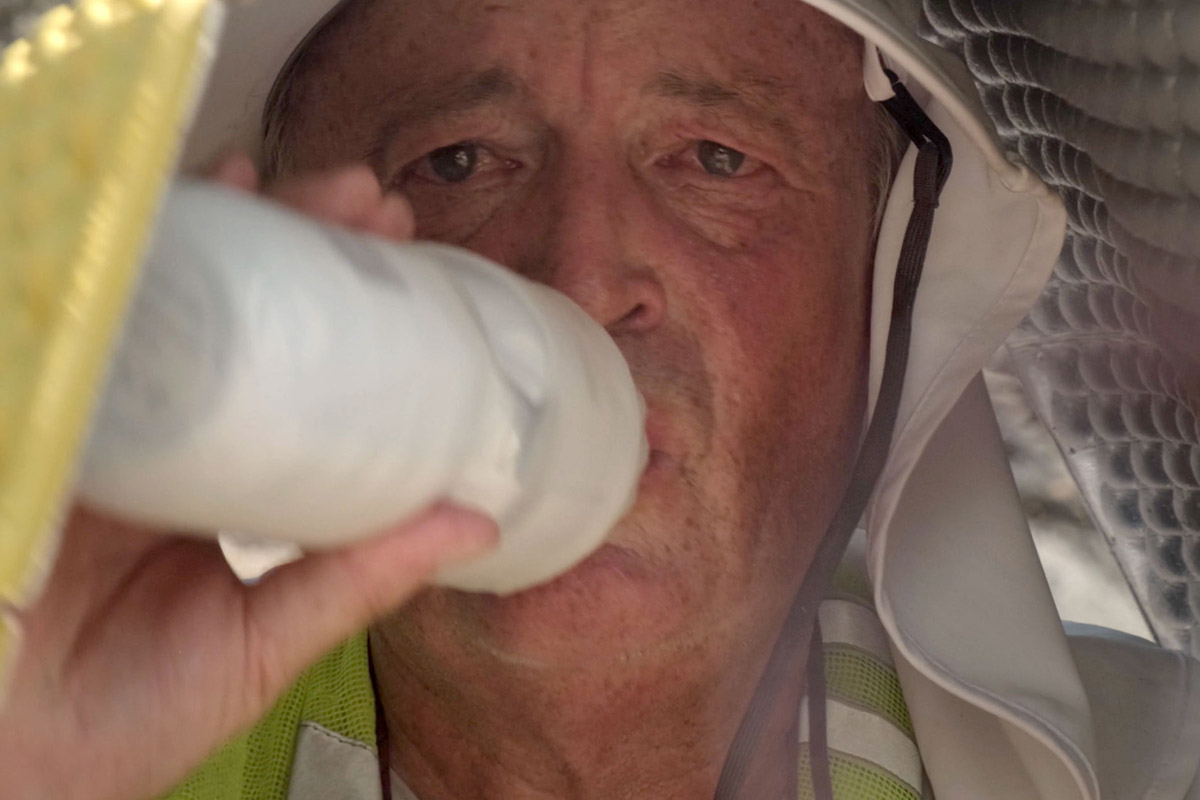
Negativity and criticism is always out there, but I figure that 99% of the population isn’t following their dreams and pushing their boundaries. So, I guess I will listen to the 1% that is following their dreams, but I try to drown out the other 99%.
For this solo, self-contained effort, I think the third time’s a charm. My previous two ended early due to extreme exhaustion, dehydration, and illness, plus near record-breaking high temperatures. Last year, flooding wiped out many of the roads in Death Valley, making an attempt impossible.
After my first try, I produced a documentary, Pushing Mercury, that has won a number of independent film awards. However, I don’t see that movie as the end of the story.
With the support of Outdoors.com, I will be livestreaming my efforts in Death Valley this summer with 24/7 coverage of my race.
You can follow the action in real time below, starting Monday, July 31, 2023 at 6:00 am. PST, and follow me on social media.
